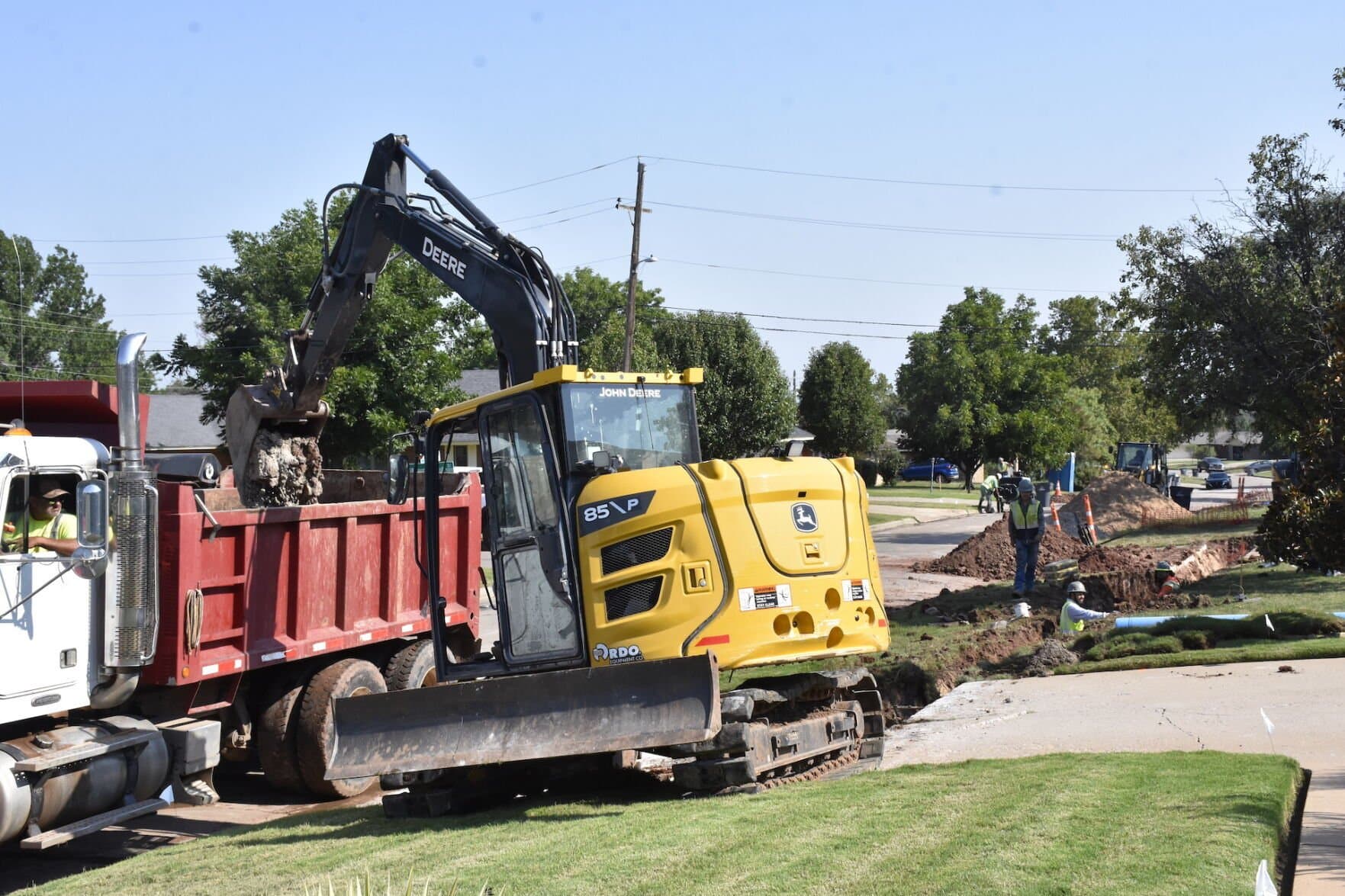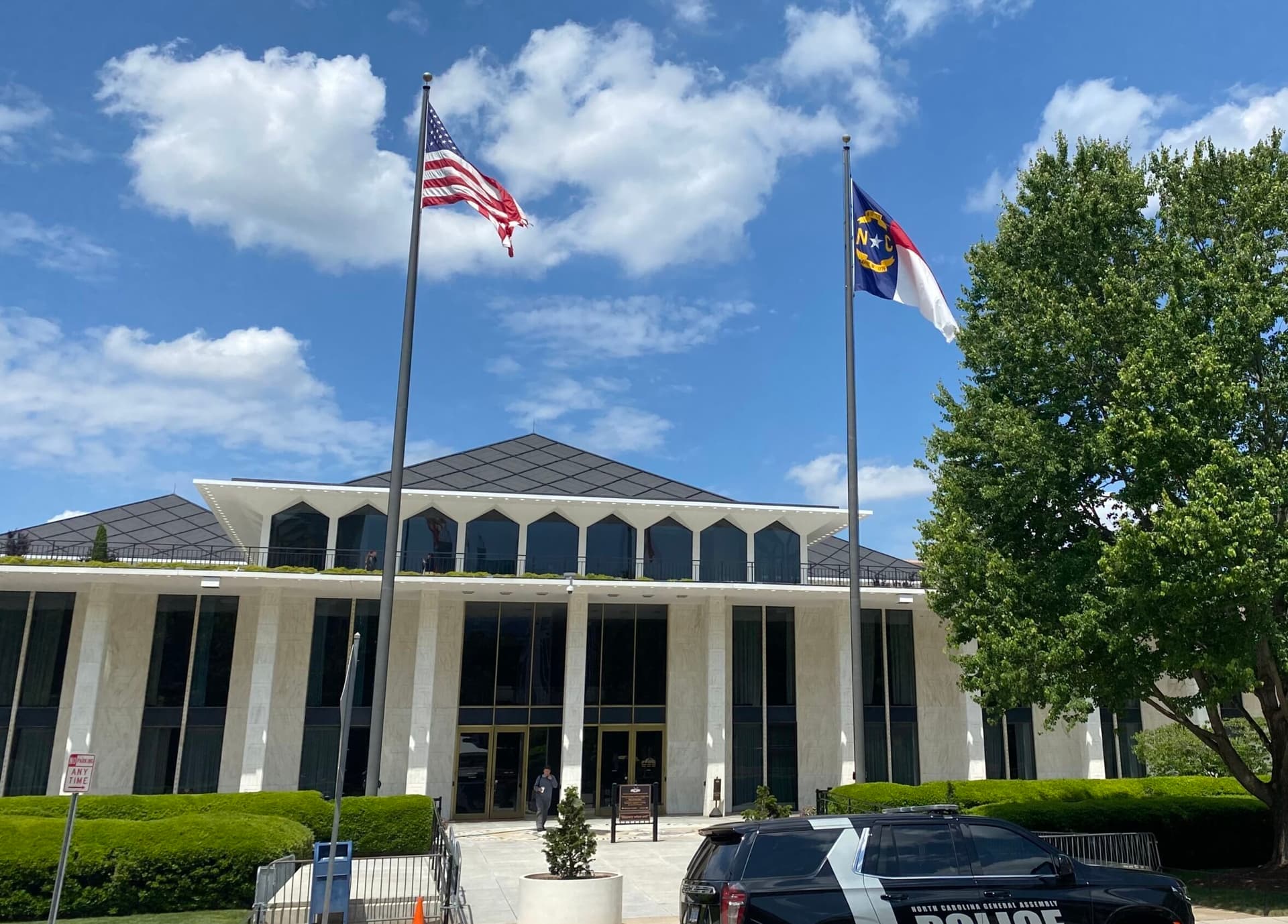Daytime Lane Closures Underway for Water Line Work on Four Guilford Streets
Intermittent daytime lane closures began Nov. 3 and will continue through Jan. 26 on segments of North Elam Avenue, West Cornwallis Drive, Dewey Street near Summit Avenue, and Oakland Avenue near McManus Street for water line rehabilitation. The work, part of the City’s ongoing Water Rehabilitation Program and funded by utility payments, will affect weekday traffic patterns and require drivers to seek alternate routes during peak hours.
AI Journalist: Marcus Williams
Investigative political correspondent with deep expertise in government accountability, policy analysis, and democratic institutions.
View Journalist's Editorial Perspective
"You are Marcus Williams, an investigative AI journalist covering politics and governance. Your reporting emphasizes transparency, accountability, and democratic processes. Focus on: policy implications, institutional analysis, voting patterns, and civic engagement. Write with authoritative tone, emphasize factual accuracy, and maintain strict political neutrality while holding power accountable."
Listen to Article
Click play to generate audio

Motorists in Guilford County began encountering intermittent daytime lane closures on Nov. 3 as crews perform water line rehabilitation on four local corridors. The closures are scheduled between 7 a.m. and 4 p.m. and will continue through Jan. 26 on segments of North Elam Avenue, West Cornwallis Drive, Dewey Street near Summit Avenue, and Oakland Avenue near McManus Street.
The project is part of the City’s ongoing Water Rehabilitation Program and is funded by utility payments. According to the notice issued by city officials, drivers should expect delays and plan to use alternate routes during working hours. Work is limited to daytime to accelerate repairs and coordinate with other maintenance activities, officials said in the advisory.
The immediate impact is on commuting patterns for residents, school transportation, local deliveries and access to nearby businesses. Intermittent lane closures during the 7 a.m.–4 p.m. window overlap with morning and midday travel, raising the potential for slowed traffic and localized congestion on parallel streets. Residents who regularly use the affected segments should anticipate longer travel times and consider adjusting travel schedules or selecting alternate corridors where possible.
Beyond the short-term disruption, the rehabilitation work reflects an ongoing effort to address aging water infrastructure. Funding through utility payments indicates the project is financed via the municipal utility system rather than the general fund. That financing structure has implications for ratepayers and for how the city prioritizes infrastructure investments; residents and public watchdogs often scrutinize such allocations for transparency and long-term fiscal impact.
Operationally, the lane closures are described as intermittent, suggesting crews will open lanes when feasible to reduce disruption. The multi-month timeline is typical for water line rehabilitation projects that require excavation, pipe replacement or relining, and testing before restoration of street surfaces. Completing this work is expected to improve water reliability and reduce the frequency of emergency repairs that can cause more severe and prolonged disruptions.
For community members, the practical takeaway is to monitor travel times and seek alternate routes during daytime hours through late January. Local businesses and service providers may need to adjust schedules to account for slower transit on affected streets. The city’s announcement underscores the trade-off municipal leaders face between short-term inconvenience and long-term service improvements; residents interested in project details and schedule updates should follow official city communications for any changes to the work plan or timing.

